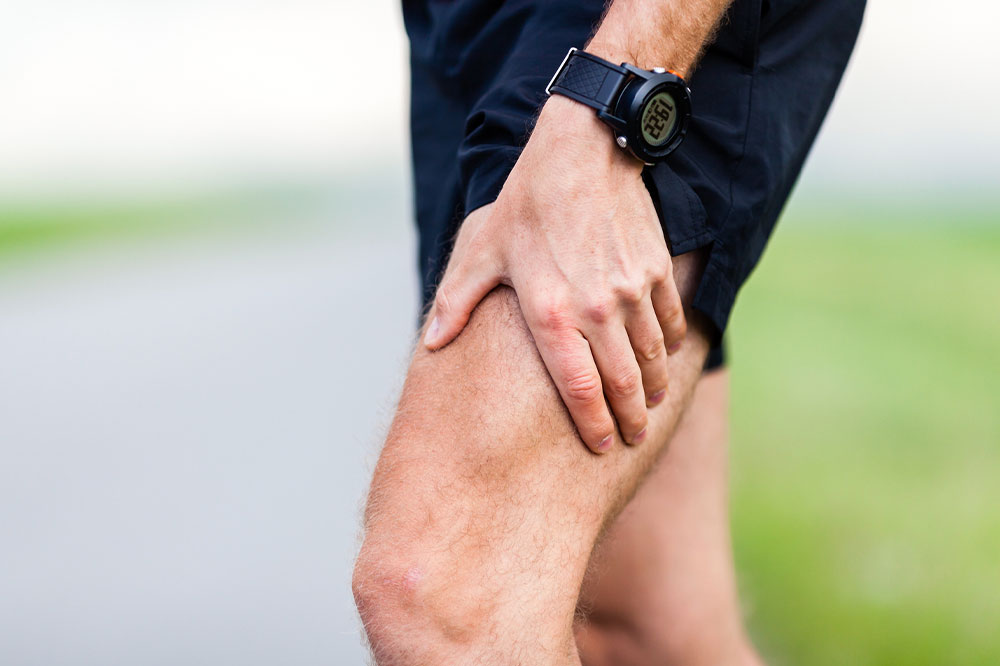
6 unhealthy habits that can affect eyes and vision
Eye care is an integral aspect of one’s general health. However, unbeknownst to many, certain unhealthy nutritional and lifestyle habits can trigger damage to this vital organ. It can include staring at the screen for longer periods, constantly rubbing one’s eyes, and more. Such habits can lead to complications such as eye fatigue and damage to the cornea. Awareness of such unhealthy habits might help one manage them and keep such complications at bay. Excessive screen time Most health experts advise patients with vision problems to follow the 20-20-20 rule while using screens. This rule emphasizes that every 20 minutes of looking at a screen should be followed up by focusing on a spot 20 feet away from you for 20 seconds. Excessive screen time can trigger retinal damage and eye fatigue, and this activity helps reduce the strain on your eyes. Blinking is another way of ensuring your eyes are clean and lubricated. Make it a habit to blink when using screens. Rubbing your eyes Rubbing your eyes can lead to severe complications in the long run. For one, it is impossible to stop rubbing once you have started. Excessively rubbing your eyes can cause microvascular damage to the smaller blood vessels.
Read More 










